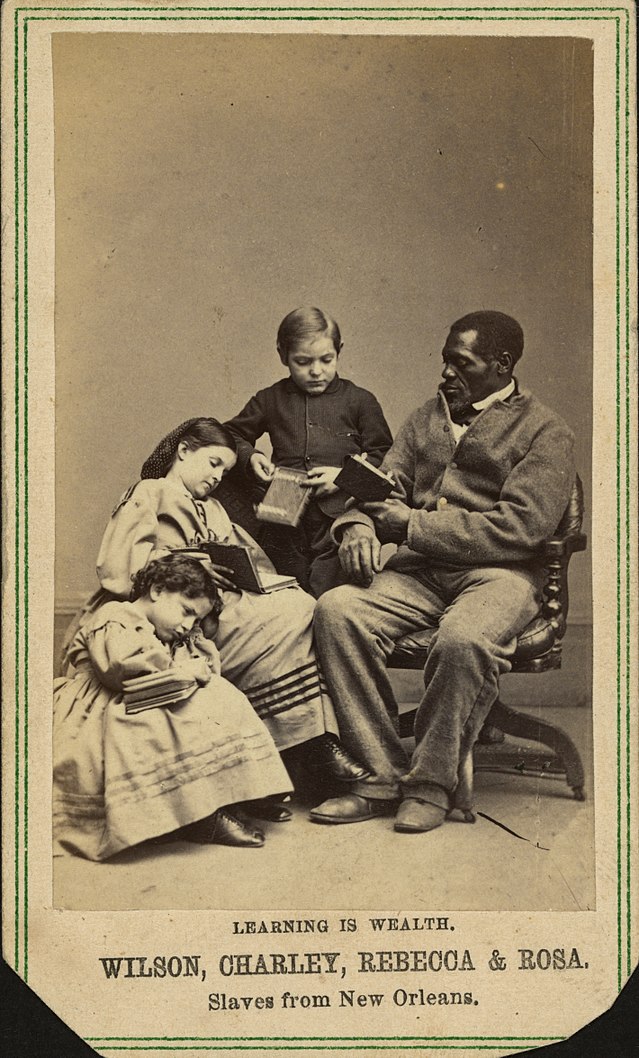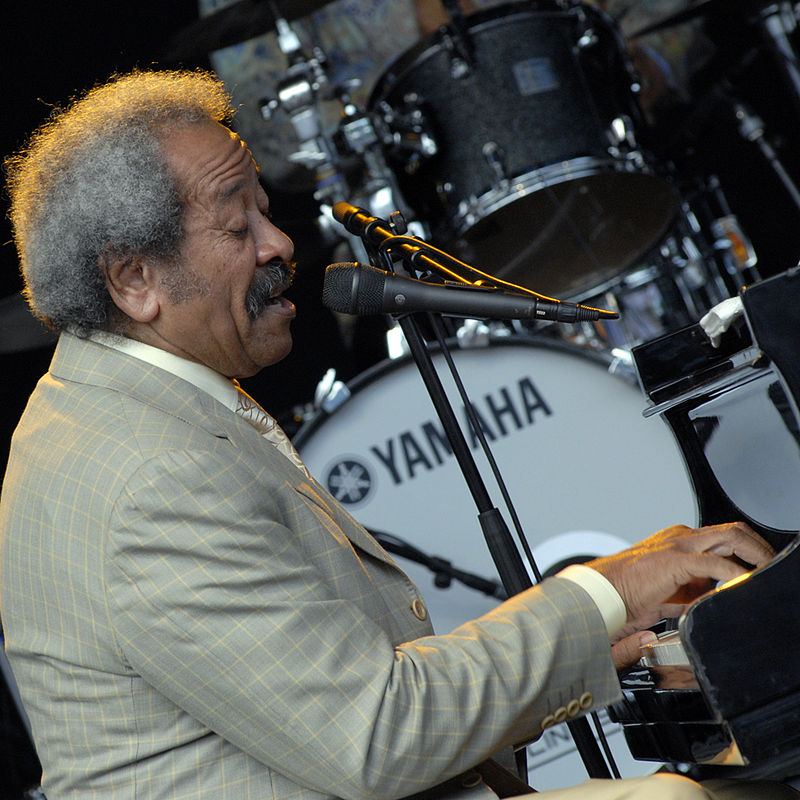
Beyond Memphis and Motown: New Orleans Soul
Through the first few years of the nineteenth century, New Orleans was under either French or Spanish rule and was predominantly Catholic. Catholic slave masters then, and later, took a different stance from Protestant ones towards some aspects of their slaves' lives. Equally brutal during the working day, Catholic slave masters chose to interfere very little with the recreation time of their slaves. The result was that in South America, the French and the Spanish Caribbean, and the southern part of Louisiana, African cultural retentions were much more substantial among slaves and their descendants than in other parts of the United States. These circumstances partially explain why, despite the purchase of Louisiana by the United States from Napoleon in 1803, the music of Black New Orleans has always exhibited a markedly different rhythmic sensibility compared to Black music in the rest of the United States.
New Orleans soul centered primarily around the talents of writer, pianist, and producer Allen Toussaint and the studio of Cosimo Matassa. In 1958, by the time he was twenty, Toussaint had played piano on Fats Domino recordings, released a solo album on RCA, and written and produced a local hit for Lee Dorsey. Toussaint went on to write, arrange, and/or produce local and national hits by a who's who of "Crescent City" soul practitioners, including Jessie Hill, Lee Dorsey, Clarence "Frogman" Henry, Irma Thomas ( "Anyone Who Knows What Love Is Will Understand" 1968), Aaron Neville, Ernie K-Doe ( "Mother in Law" 1961), Benny Spellman, and Chris Kenner. In the late 1960s, Toussaint began to use The Meters as a house band. They were influenced by Stax's Booker T. and the MG's and, similarly, developed simultaneous careers as session musicians and hit instrumental artists unto themselves.
In addition to Toussaint, arranger Wardell Quezerque was responsible for several superior recordings by New Orleans soul artists, including King Floyd's "Groove Me" and Jean Knight's "Mr. Big Stuff" , both cut at a single session at Jackson, Mississippi's Malaco Records in 1970.
A Change is Gonna Come
I was born by the river
In a little tent
Oh, and just like the river, I've been runnin'
Ever since
It's been a long
A long time comin', but I know
A change gon' come
Oh, yes it will
Long Walk to D.C.
It's a long walk to DC but I've got my walking shoes on
I can't take a plane, passer train, because my money ain't that long
America we believe, oh that you love us still
So people I'm gonna be under to wipe away my tears







